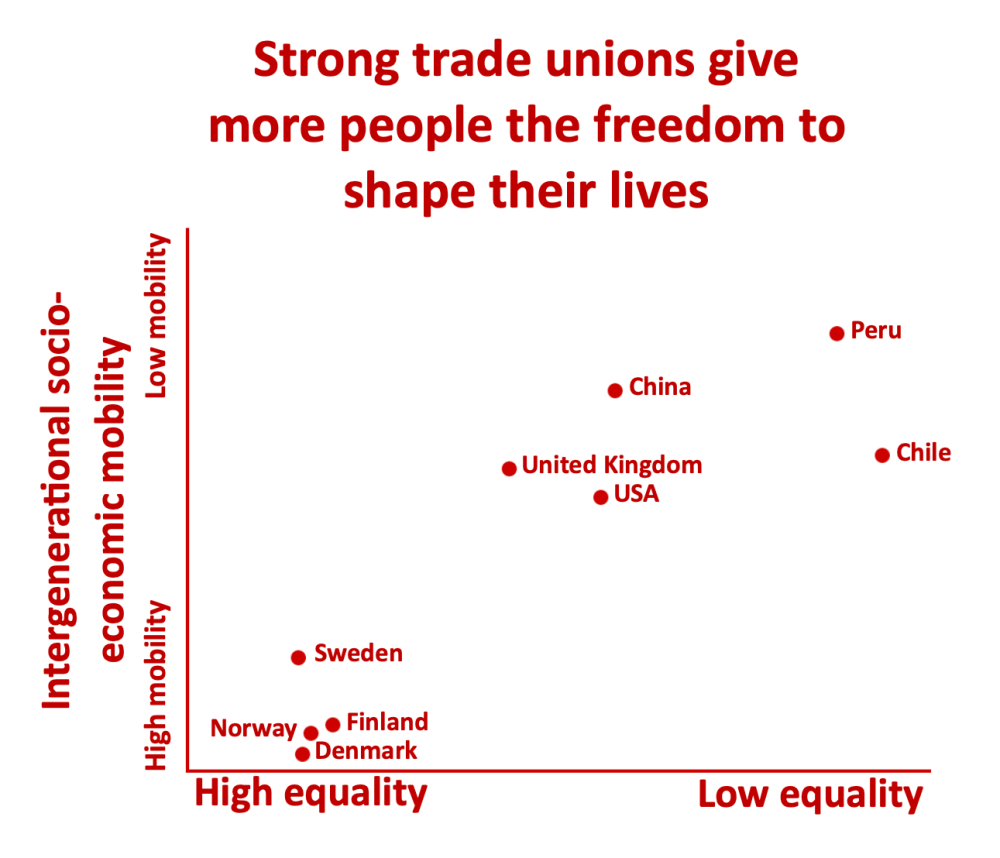What everyone needs to know about collective agreements – and the risks of not having them
In brief
- Collective agreements are an effective way to regulate working conditions in the labour market.
- Employees get security and influence, while employers gain industry-specific flexibility and aren’t threatened by industrial action.
- Collective agreements determine the minimum level of pay. If your employer wants to pay a higher salary than what the collective agreement says, that’s not a problem.
- With a collective agreement in place, it means you get the right salary, insurance, holidays, pension and so on.
- A trade union with many members has more influence, which benefits you and all other employees.
Is it important that your workplace has a collective agreement?
Yes. If there’s a collective agreement, you can be sure that your employer will contribute to your pension and other insurance schemes. This can mean a lot of money and benefits that you might otherwise lose.
Aren’t laws better than collective agreements?
No. Collective agreements have proven to be very effective. Employees have more security and influence over their jobs and employers have flexibility based on their industry. Statutory minimum wages also risk putting downward pressure on wages. This is called the Swedish model. Read more about it here.
Does the collective agreement stop my manager from increasing my salary?
No. Once the union and the employer have agreed on a contract, they agree on what applies in the workplace. For example, the collective agreement sets a minimum level of pay. Of course, your employer can still pay you a higher salary!

Are collective agreements good for companies?
Yes. The benefits of collective agreements are many, from an entrepreneurial perspective too. With the collective agreement, the employer knows that all employees will work when the agreement is signed and no conflicts will threaten production for the duration of the agreement. This creates a sense of calm in the workplace and in the labour market as a whole.
Trade unions and employers in a particular sector can also negotiate solutions to problems specific to their industry. This is difficult for politicians to do as they have to make laws that apply to the entire labour market.
When there are clear and fair conditions, employees feel more comfortable and often want to stay longer in the workplace and contribute to the organisation. This makes things better for everyone.
Do I need to be a trade union member?
A union with many members has more influence and a stronger position in the negotiations, which benefits you and all other employees.


